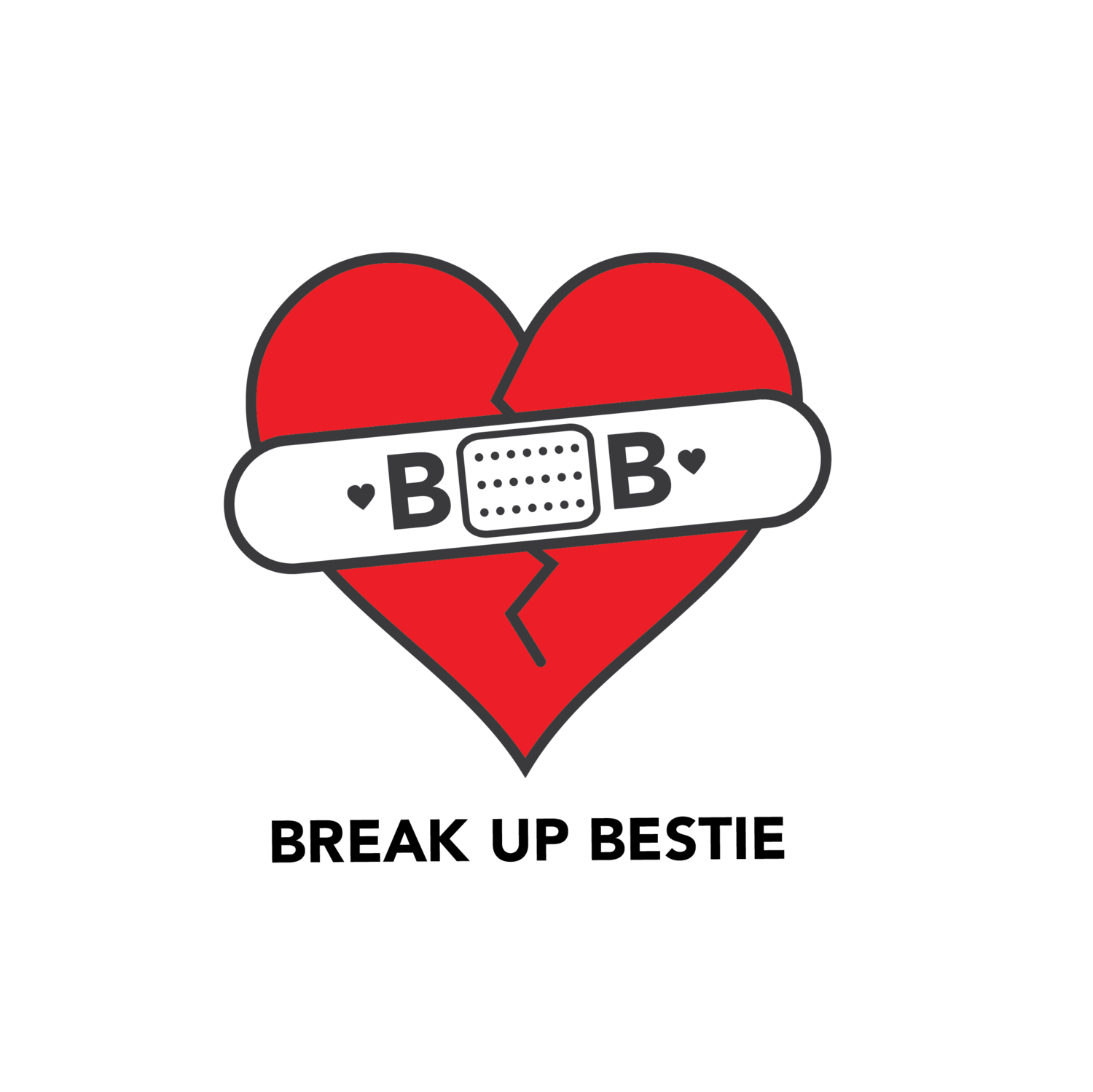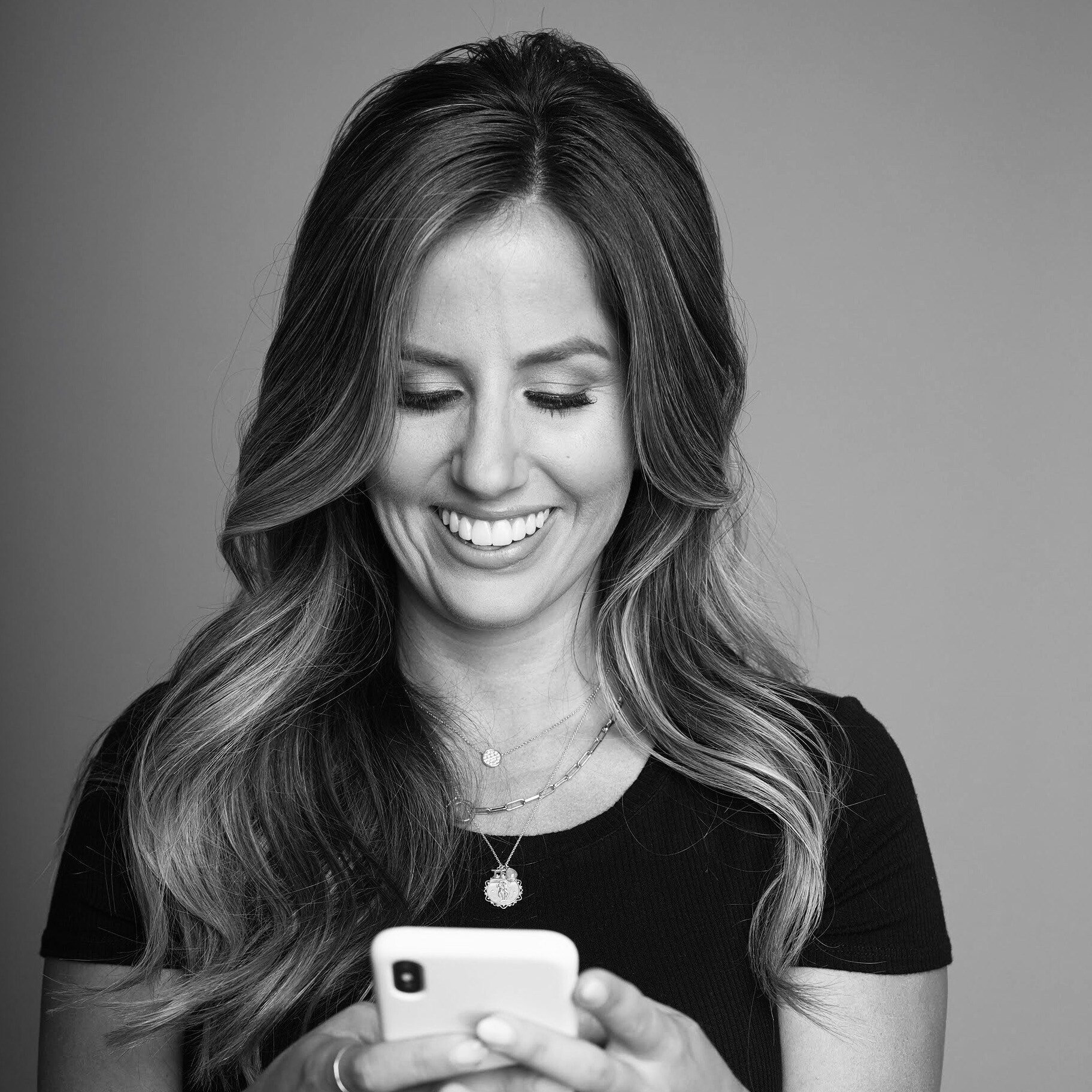The Danger of Grey Area in a Break Up
Breaking up can leave a lot of loose ends. If you’re living together, who moves out? Who gets the Netflix account, how will you split up going to friends’ gatherings, etc.
What those loose ends can become, if not taken care of, are grey areas. Grey areas are situations where there’s not a clear boundary on how to deal with it.
The biggest example of a grey area after a break up is when you guys decide that maybe you can be friends, and you don’t want to lose the person entirely. No one wants to lose the person entirely, but that’s the point of a break up.
The grey area might manifest itself in not knowing when it’s OK to text or not (not texting is the best idea by the way) not knowing when it’s OK to call (again not calling the best call). The problem with this is, in the beginning without boundaries you may think it’s ok to send them a birthday text, then the birthday text turns into wanting their advice on something, then that turns into talking on the phone, and before long you’re back where you started from- feeling attached and wanting to get back together.
This is why some break ups can take so long, we don’t completely shut the door. Sure, not shutting the door can make it a little easier since you’re not entirely losing the person, but it will drag it out- and in the end you’ll be in that same level of pain.
So how do we avoid those grey areas? The best way to do that is to set up boundaries from the beginning. It takes one person with courage to say exactly what they need (not what they want but what they know they need to heal through the break up successfully). The conversation can look something like this.
If you’re the one who was dumped: “As much as I didn’t want this to happen and as much as I’ll miss you, I know for me I’m going to need the space to heal. I’d appreciate if we didn’t have any contact at all. This isn’t necessarily something I want, but I know I need. I will of course miss you, but I know it will be too hard for me to see or hear from you.”
If you’re the person who dumped the other. “I know this is going to be hard, it’s hard for me too- but I think the right thing to do will be not to have any contact to make it harder on each other. This doesn’t mean I won’t miss you, but I think for both of our sakes it will be better to cut ties so we’re both able to heal.”
This may sound harsh but by establishing clear boundaries it will be the biggest first step to letting go. There may be other grey areas you guys have, and as soon as you can think of those and communicate your wishes the better. If you guys have a close circle of similar friends, it may be worth talking about how you’ll deal with gatherings. It’s OK to miss out on a few parties if it means healing your heartbreak. You can ask your friends to help out too, if you can’t attend a party because your ex will be there, ask your friends if you can get together another time.
This doesn’t mean you’re asking your friends to pick teams, you’re just communicating your needs- which is healthy. This also doesn’t mean that this needs to be forever. Of course you can’t avoid your friend group forever, and there’s also weddings and events you can’t miss. This is just picking and choosing your battles and giving yourself ample time to let your body detox and heal from heartbreak.
You do owe this to yourself, regardless if you’re the person who dumped or the one who got dumped. Trust me when I say these conversations are worth having in the beginning, even if they’re hard.

